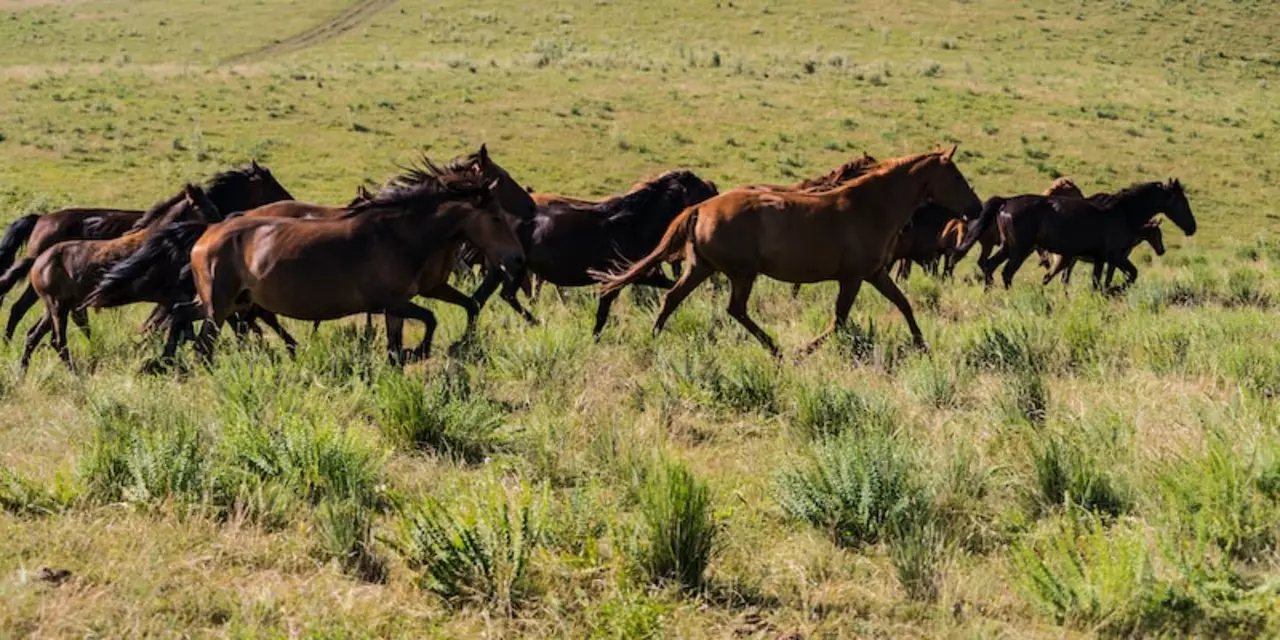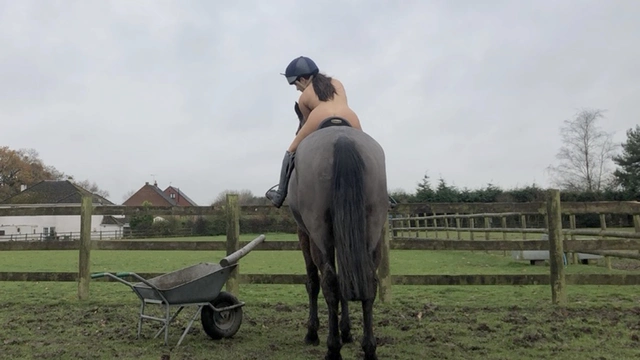Horse Care Basics: What Every Rider Should Know
Taking care of a horse is more than just feeding and grooming – it’s a daily routine that keeps your partner healthy and happy. Below are the must‑do tasks that fit into a busy schedule.
Feeding and Water
Start with clean, fresh water every day. Horses drink a lot, so check the trough twice – once in the morning and again at night. When it comes to feed, stick to a balanced diet of hay, pasture, and a measured amount of concentrate. Too much grain can cause stomach upset, so follow the vet’s recommendation based on the horse’s weight and workload.
If you’re unsure about portions, use a feeding chart. For a 1,000‑lb horse, about 1.5% of body weight in hay per day is a good rule. Split the feed into two meals to avoid overload and to mimic natural grazing habits.
Grooming and Skin Health
Grooming isn’t just about looking good – it helps spot cuts, bumps, or skin issues early. A quick brush before and after riding removes dirt and distributes natural oils. When you see a sore spot, clean it with mild antiseptic and apply a breathable bandage.
Don’t forget the hooves. Clean them with a hoof brush every day, removing stones and manure. Schedule a professional trim every 6‑8 weeks; overgrown hooves can lead to lameness.
Regular exercise is another key piece of care. Even light riding or lunging keeps muscles supple and improves circulation. If your horse is resting, a daily walk in the paddock does the trick.
Stabling matters too. Provide a dry, well‑ventilated stall with enough space for the horse to turn around. Bedding should be fresh daily to prevent respiratory problems. Aim for at least 12 hours of turnout each week – the fresh air does wonders for mood and joint health.
Vaccinations and deworming are non‑negotiable. Keep a schedule: core vaccines once a year, boosters as advised. Deworm every 6‑8 weeks based on fecal tests. A healthy gut means a healthy horse.
Dental care often gets overlooked. Horses need a dental check at least once a year; uneven teeth can cause weight loss and discomfort. A quick look at the mouth every few months can catch problems early.
Lastly, listen to your horse. They’re great at telling you when something’s off – a change in appetite, posture, or temperament can signal pain. Trust your gut, and call a vet if you notice anything unusual.
By sticking to these simple habits, you’ll give your horse a solid foundation for a long, active life. Remember, good care isn’t a chore; it’s the bond that keeps you both happy in the saddle.



